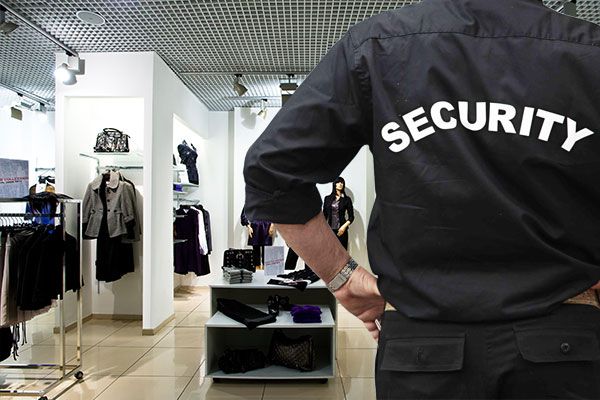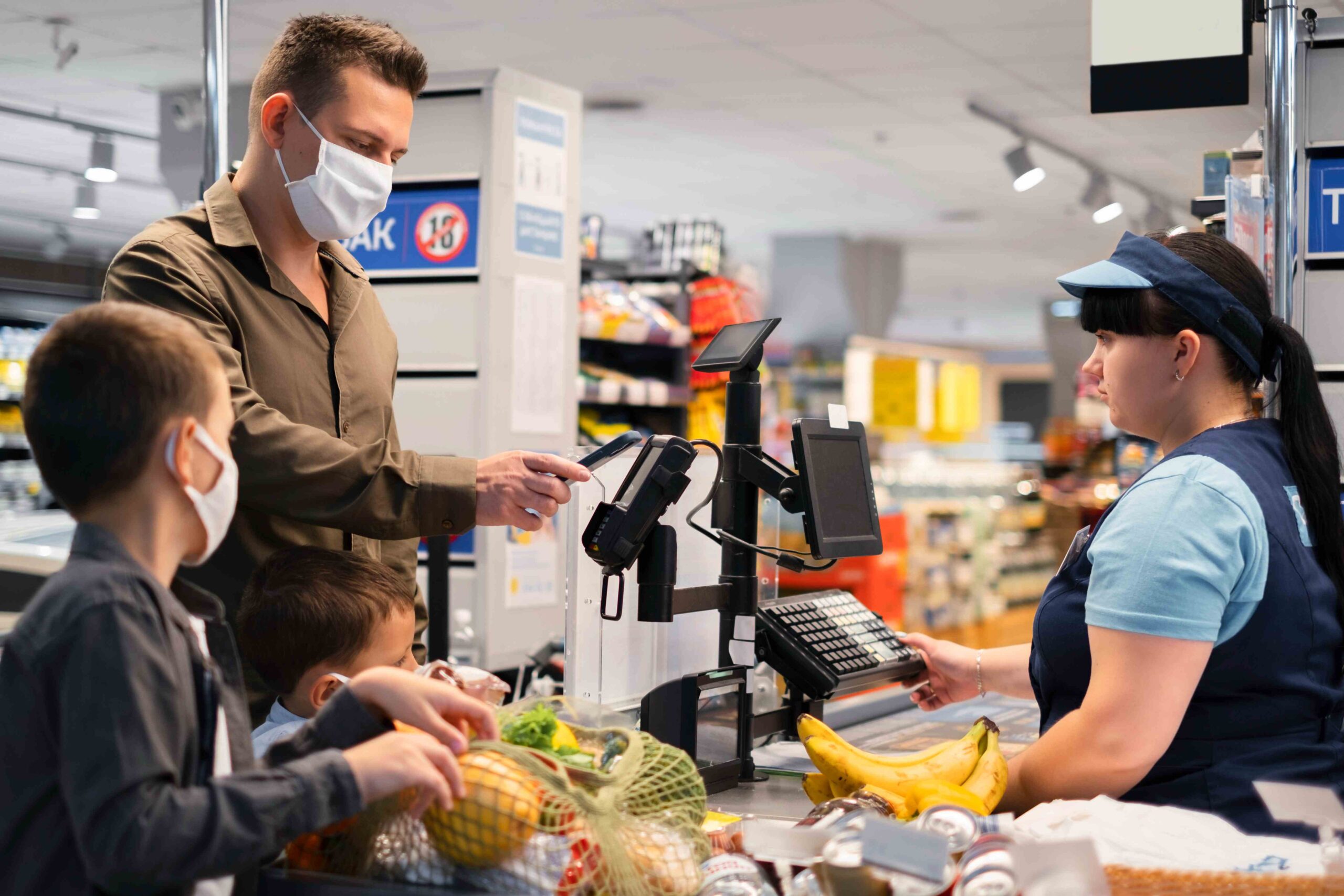In the bustling world of retail, the importance of Retail security often extends far beyond the prevention of theft or vandalism. While these are undeniably critical aspects of retail security, their effects ripple through every facet of the customer experience. From the moment a shopper enters a store to the point of purchase and beyond, the presence—or absence—of effective security measures can significantly influence their perception, satisfaction, and loyalty. In this article, we delve into the intricate relationship between retail security and customer experience, exploring how a well-executed security strategy can enhance loyalty and drive business success.
First impressions matter in Retail Security
Security plays a pivotal role in shaping them. For many customers, the mere sight of security personnel or surveillance cameras can instill a sense of safety and reassurance. This feeling of security creates a welcoming environment where shoppers feel comfortable browsing, trying on products, and making purchases. Conversely, a lack of visible security measures can leave customers feeling vulnerable and uneasy, detracting from their overall shopping experience. Thus, investing in robust security infrastructure not only deters criminal activity but also sets the stage for positive customer interactions from the outset.
Moreover, effective retail security contributes to a seamless and hassle-free shopping experience. By implementing measures such as electronic article surveillance (EAS) systems, access control technologies, and efficient bag checks, retailers can minimize disruptions while maintaining a secure environment. Customers appreciate the convenience of being able to navigate the store without undue interference, leading to greater satisfaction and repeat visits. Conversely, overly intrusive security measures, such as overly aggressive bag checks or excessive surveillance, can alienate customers and drive them away. Striking the right balance between security and customer convenience is key to fostering a positive experience and building lasting loyalty.
In addition to enhancing physical security, retailers must also prioritize the protection of customer data and privacy in today’s digital landscape. With the rise of online shopping and the prevalence of data breaches, consumers are increasingly concerned about the security of their personal information. By implementing robust cybersecurity measures, such as encryption, secure payment gateways, and regular security audits, retailers can instill confidence in their customers and cultivate trust. A reputation for safeguarding customer data not only enhances the overall shopping experience but also fosters loyalty and encourages repeat business.
Beyond the immediate impact on customer experience, retail security also plays a crucial role in shaping long-term loyalty and brand perception. In an era where social media amplifies both positive and negative experiences, a single security incident can have far-reaching consequences for a retailer’s reputation. Customers who feel unsafe or have negative interactions with security personnel are likely to share their experiences online, potentially tarnishing the retailer’s image and driving away prospective customers. On the other hand, retailers that prioritize security and demonstrate a commitment to customer safety can differentiate themselves from competitors and build a loyal customer base.
Furthermore, retail security can be leveraged as a strategic asset to enhance the overall shopping experience and drive customer engagement. For example, retailers can use surveillance data to analyze customer traffic patterns, optimize store layouts, and improve product placement. By understanding how customers move through the store and interact with merchandise, retailers can tailor their offerings to meet evolving preferences and expectations. Additionally, security personnel can serve as brand ambassadors, providing friendly assistance, answering questions, and creating positive interactions that leave a lasting impression on customers.
In conclusion, the impact of retail security melbourne extends far beyond preventing theft or vandalism—it profoundly influences the entire customer experience and ultimately shapes customer loyalty. A well-executed security strategy not only enhances physical safety but also fosters a sense of trust, convenience, and engagement. By prioritizing security measures that align with customer expectations and values, retailers can create a welcoming environment where customers feel safe, valued, and eager to return. In an increasingly competitive retail landscape, investing in security is not just a necessity but a strategic imperative for driving business success in the long term.



